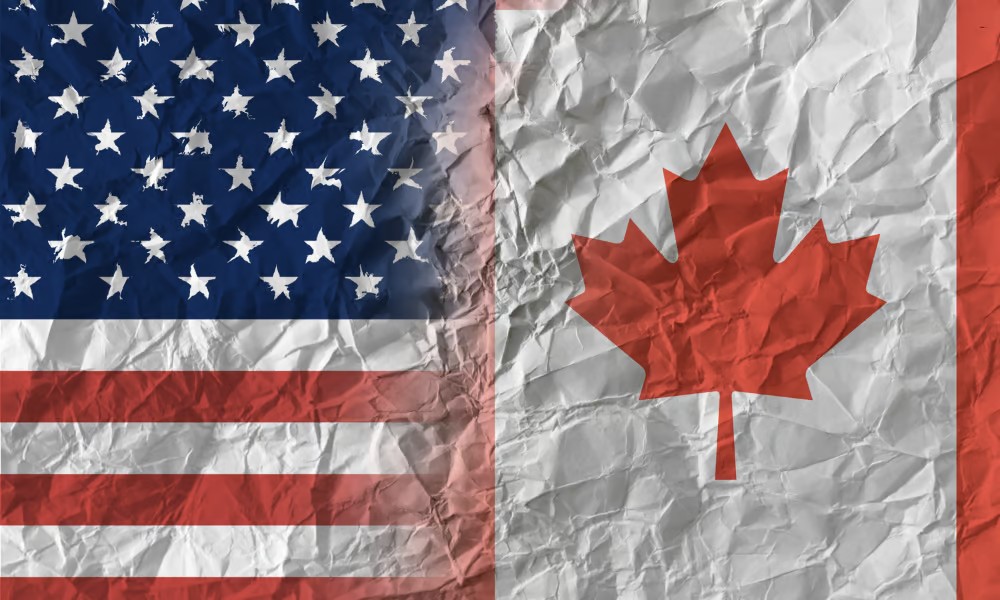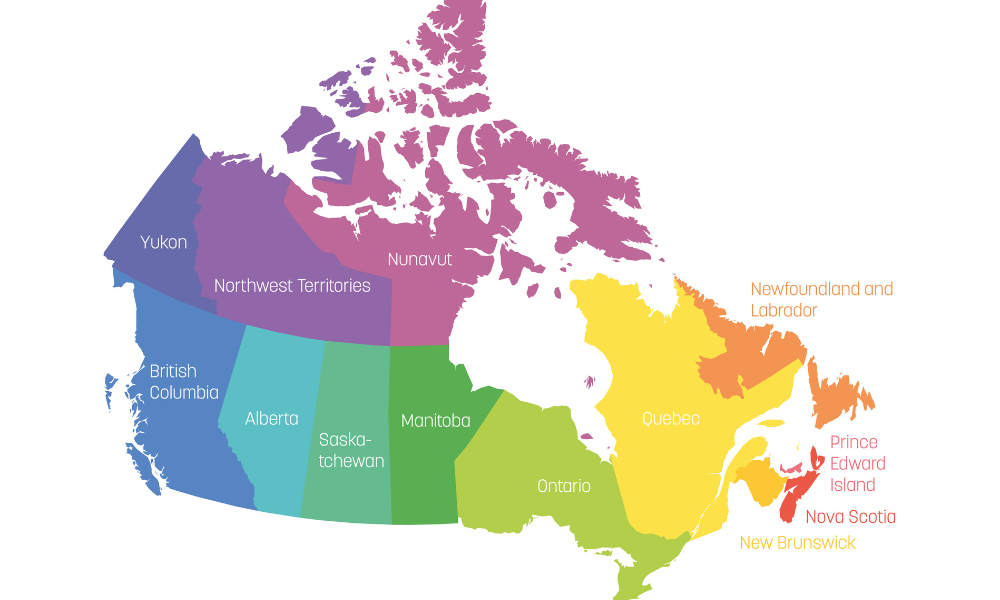'This idea of 'Let's retaliate back on them' is unfortunately the best political thing to do, but it's not good economics'

Amid the ongoing trade war between Canada and the United States, several stakeholders are calling out the Canadian government for implementing retaliatory tariffs in response to the actions of President Donald Trump.
"When the Trump administration said we're going to put a tariff, everyone agreed that it would be very, very bad for them," says Louis Lafleur, president of Les Boisés Lafleur in Victoriaville, Que., according to a CBC report.
"And our reaction to that? To do the same!"
Lafleur imports all of his wood from the U.S., and he has been paying a 25 per cent duty on those imports since March 4, according to the report.
Asked how he feels about the Trump tariffs, he replies: "Ask me how I feel about Canadian tariffs!"
Ottawa had previously said it will impose retaliatory tariffs against the United States. And when Trump announced new tariffs on Canada earlier this month, Prime Minister Mark Carney vowed that Canada’s response will be “with purpose and with force”.
Exports and imports amid tariffs war
Lafleur’s frustration stems from a contradiction: although his firm exports 75 per cent of its products to the U.S., he sources all raw veneer wood from American suppliers. Since March 4, that input has been subject to a heavy tariff under a federal $30-billion trade retaliation strategy, according to the CBC report.
Ordinarily, the company would import six-and-a-half truckloads of veneer wood each month. Due to the added cost and unclear reimbursement guidelines under a duty drawback scheme, Lafleur has cut imports by more than half, directly impacting operations on the shop floor.
"If I buy the wood and I don't get the money back, I'm going to lose a tremendous amount of money," he explains.
With constrained supply lines, Les Boisés Lafleur has begun scaling back its workforce. Each week, between three to six workers are temporarily laid off. While the company has applied for federal work-sharing subsidies designed to help retain employees, Lafleur dismisses this as “a Band-Aid on a broken bone.”
Canadian tariffs is ‘best political thing to do’
Economist Moshe Lander, from Concordia University, argues that the Canadian tariffs are economically flawed.
"This idea of 'Let's retaliate back on them' is unfortunately the best political thing to do, but it's not good economics," Lander tells CBC.
In response to the Trump administration’s 25% tariff on Canadian goods and 10% tariff on Canadian energy exports back in March, then Prime Minister Justin Trudeau has announced swift retaliatory measures.
Nearly all Canadian employers are in full support of the federal government’s decision to impose tariffs on the US, according to a previous KPMG report.
However, according to Antoine Tardif, mayor of Victoriaville and head of the local economic development board, the uncertainty caused by the tariffs has halted regional investment activity. Agencies like the Development Bank of Canada and Investissement Québec have hit pause on new funding, fearing an unstable trade environment.
"They have a lot of projects on hold because of the uncertainty this creates," Tardif notes in the CBC report. "The investments aren't going on and for the city, the revenues won't be coming in."
One expert had previously warned that it would not be wise for Canada to take a purely retaliatory approach against the US tariffs.
“It is neither feasible nor desirable for Canada to try to mirror U.S. tariffs with matching charges on U.S. imports entering Canada. In the worst-case scenario of a 25% tariff on all Canadian imports to the U.S., a perfectly reciprocal response could worsen the situation in Canada by increasing consumer prices, compounding costs for business and chasing away private investment in the economy,” says Stuart Trew, senior researcher at the Canadian Centre for Policy Alternatives (CCPA).
Instead, Canada should “respond with maximum force and minimum harm to Canadian jobs and inflation through a combination of retaliatory tariffs and strategic export taxes on energy and natural resource exports to the U.S.”




